Photo Credits: Canadian Geographic
The Project
In 2023, Toronto and Region Conservation Authority’s (TRCA) Sustainable Neighbourhood Action Program (SNAP) transformed an under-utilized urban space in the Pocket Neighbourhood in Toronto into a 150 m2 mini forest complete with 300 native trees and shrubs, interpretive signage, and seating.
Working alongside the Pocket Community Association (PCA), community members identified the idea of planting a mini forest, and the selection of the centrally located site, recognizing the project’s potential to encourage community use and engagement. 60 volunteers of all ages were joined by Julie Dabrusin, MP for Toronto-Danforth, and Paula Fletcher, Ward 14 councillor, to help plant the trees and shrubs and participate in other family-friendly activities.
Lessons Learned
Sometimes, things don’t go according to the plan! Despite completing utility locates and receiving clearances, three days before the community planting event, it was discovered that electrical wires were indeed buried through the prepared and fenced site. This resulted in some quick thinking by the TRCA team, and the creation of a 2-meter-wide pathway throughout the site of the mini forest.
This unexpected change presented a unique monitoring opportunity, as TRCA staff could consider monitoring the two fragmented plots of the mini forest to compare growth rates and other indicators. The newly added trail will also allow visitors a more immersive experience as they will have an opportunity to enter into, and move through the forest itself, connecting more intimately with this ecologically rich space.
Final Thoughts
The idea to implement a mini forest in the Pocket neighbourhood was introduced by residents and community stakeholders during the development of The Pocket SNAP Action Plan. The community recognized the opportunity to transform an under-utilized space into a community hub, while also providing for numerous environmental benefits, including increasing canopy cover, improving habitat for urban-dwelling species, absorbing carbon, improving stormwater drainage, and filtering the air. The pathway and seating provide a space for residents to connect with nature, and with one another, and the installation of interpretive signage offers nature-based education.
Overall, the community is very proud of what has been accomplished and the project will serve as an example of how a seemingly simple idea can achieve multiple co-benefits and diverse, neighbourhood– wide objectives.
“We were lucky to implement this project in a highly engaged and connected neighbourhood community with great leadership by the Pocket Community Association. There was overwhelming interest in, and support of, the project and a large group of participants. The feedback was very positive, with participants glad to see the project come to fruition after the extensive engagement and planning that was involved.” Hally Charendoff – Coordinator, Sustainable Neighbourhoods, Toronto and Region Conservation Authority (TRCA)
TRCA’s Sustainable Neighbourhood Action Program (SNAP) is a program designed to help municipalities improve efficiencies, draw strong community support, and build implementation partnerships for a broad range of initiatives in both public and private realms.
This project was supported by the National Mini Forest Pilot led by Green Communities Canada in collaboration with Dougan & Associates, Canadian Geographic and Wilder Climate Solutions through the Network of Nature and funded by Natural Resources Canada through the Two Billion Trees program.
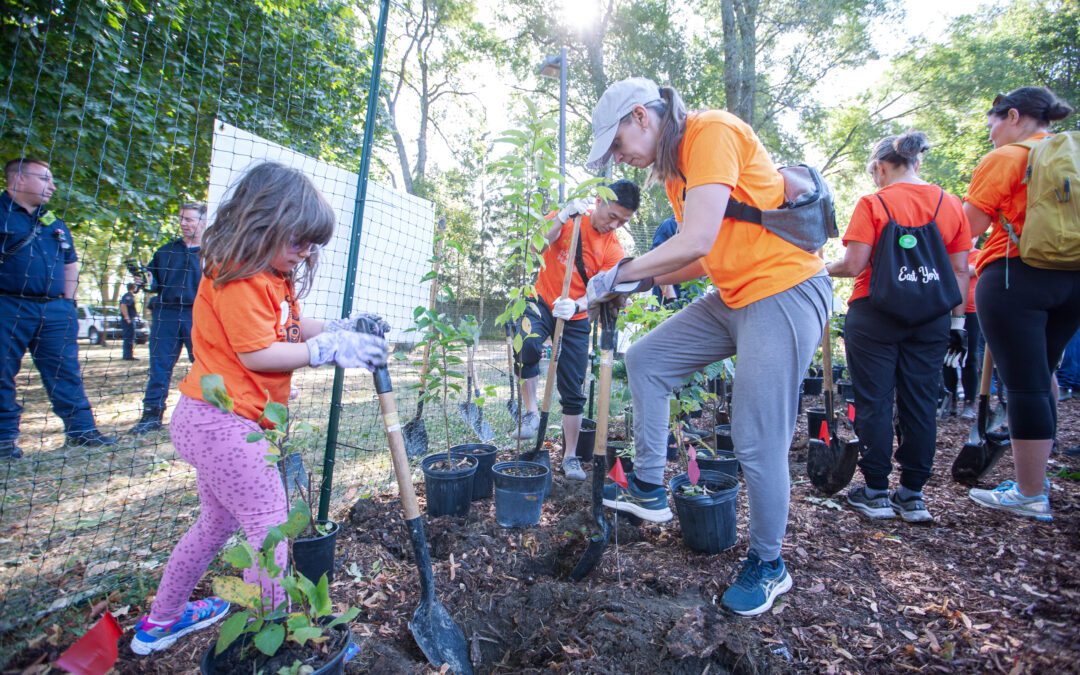
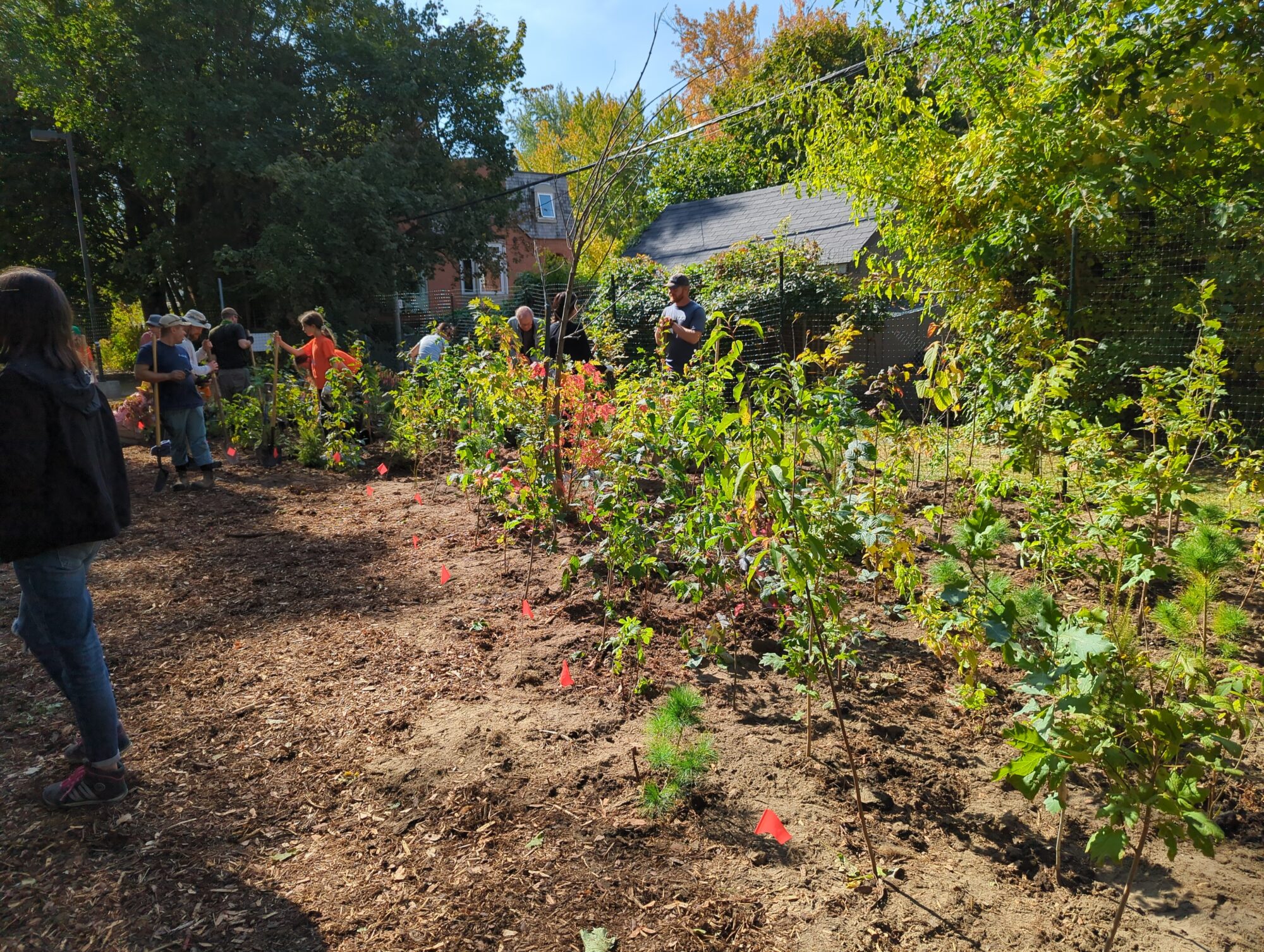
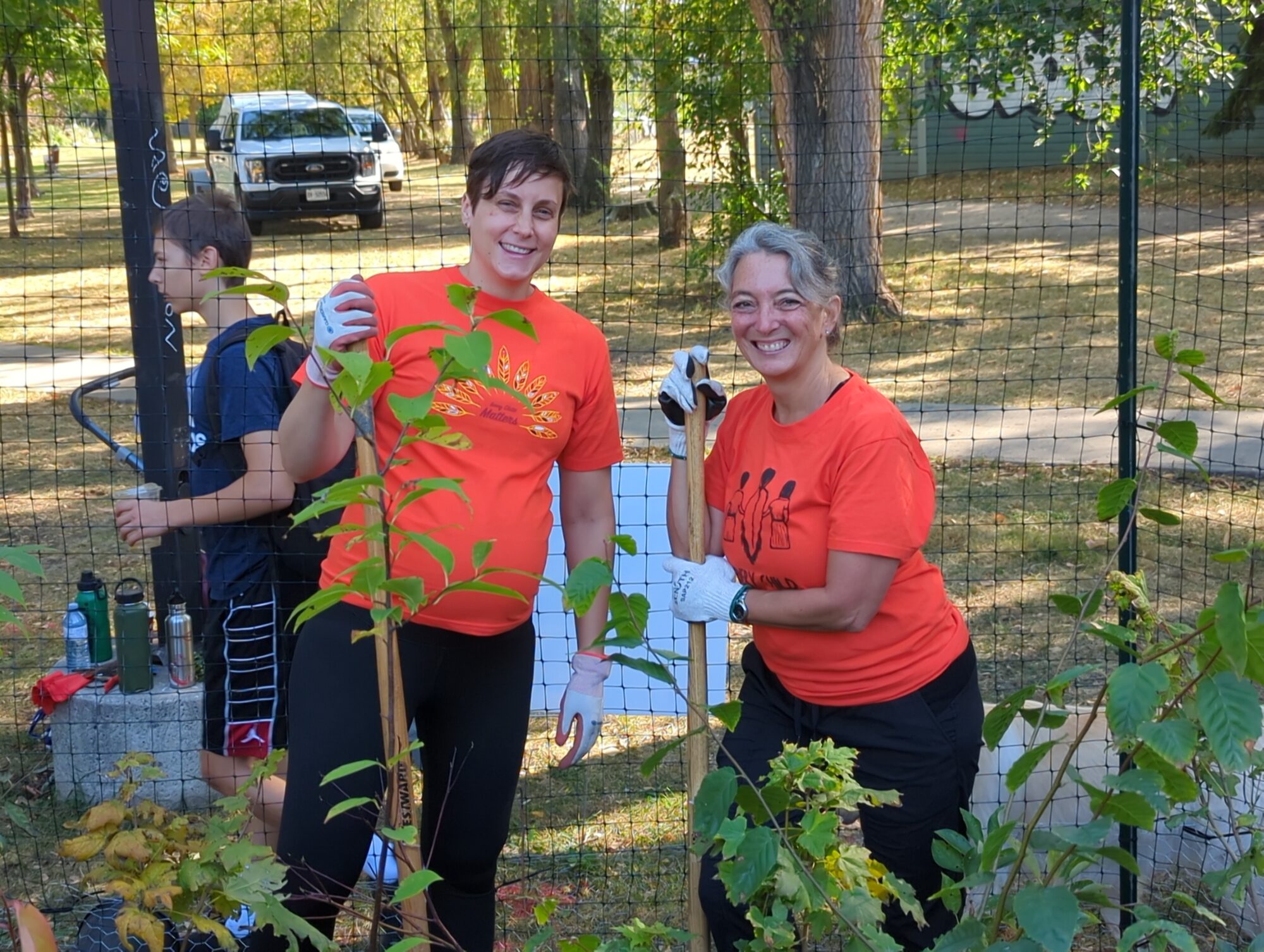
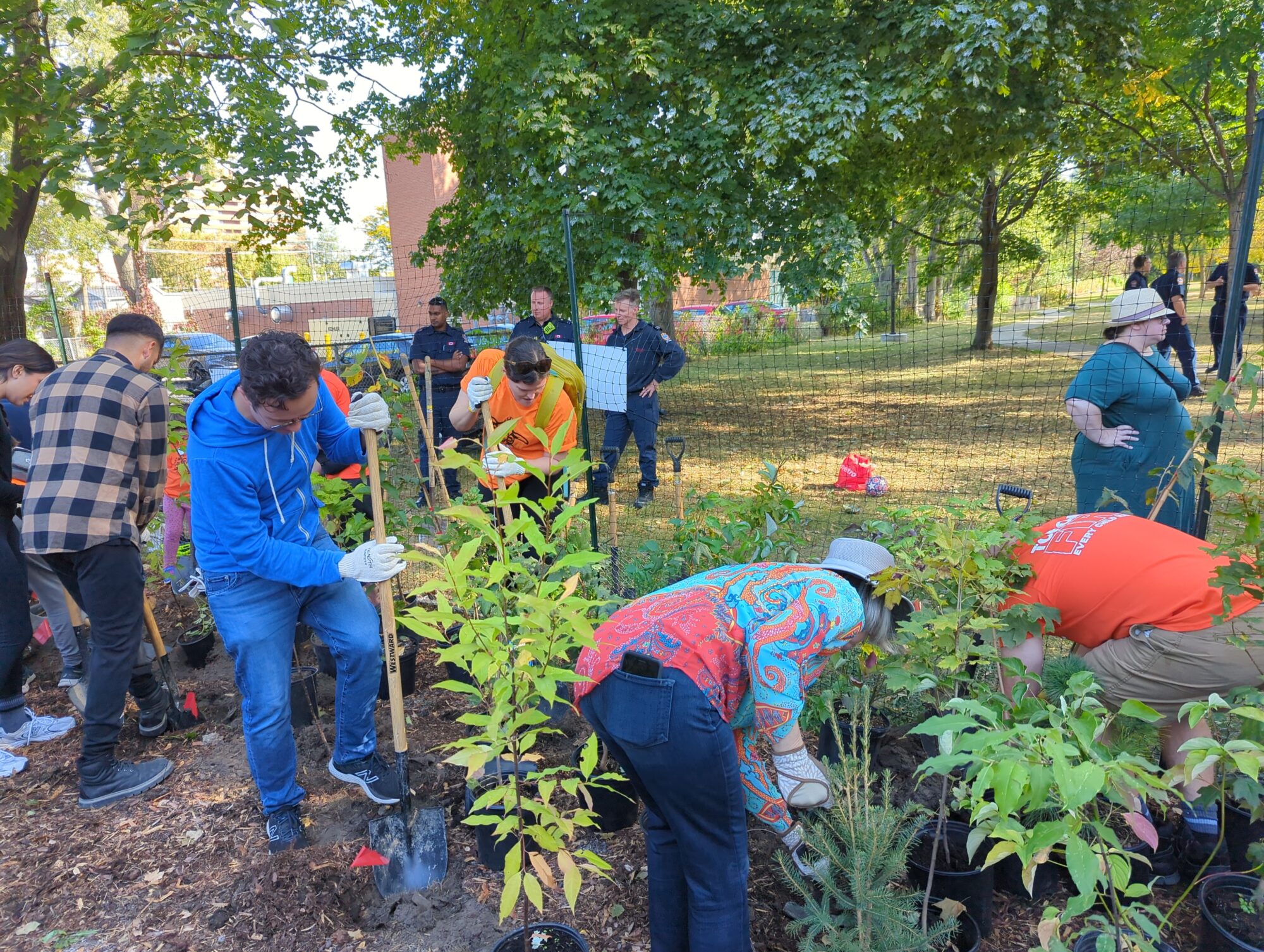
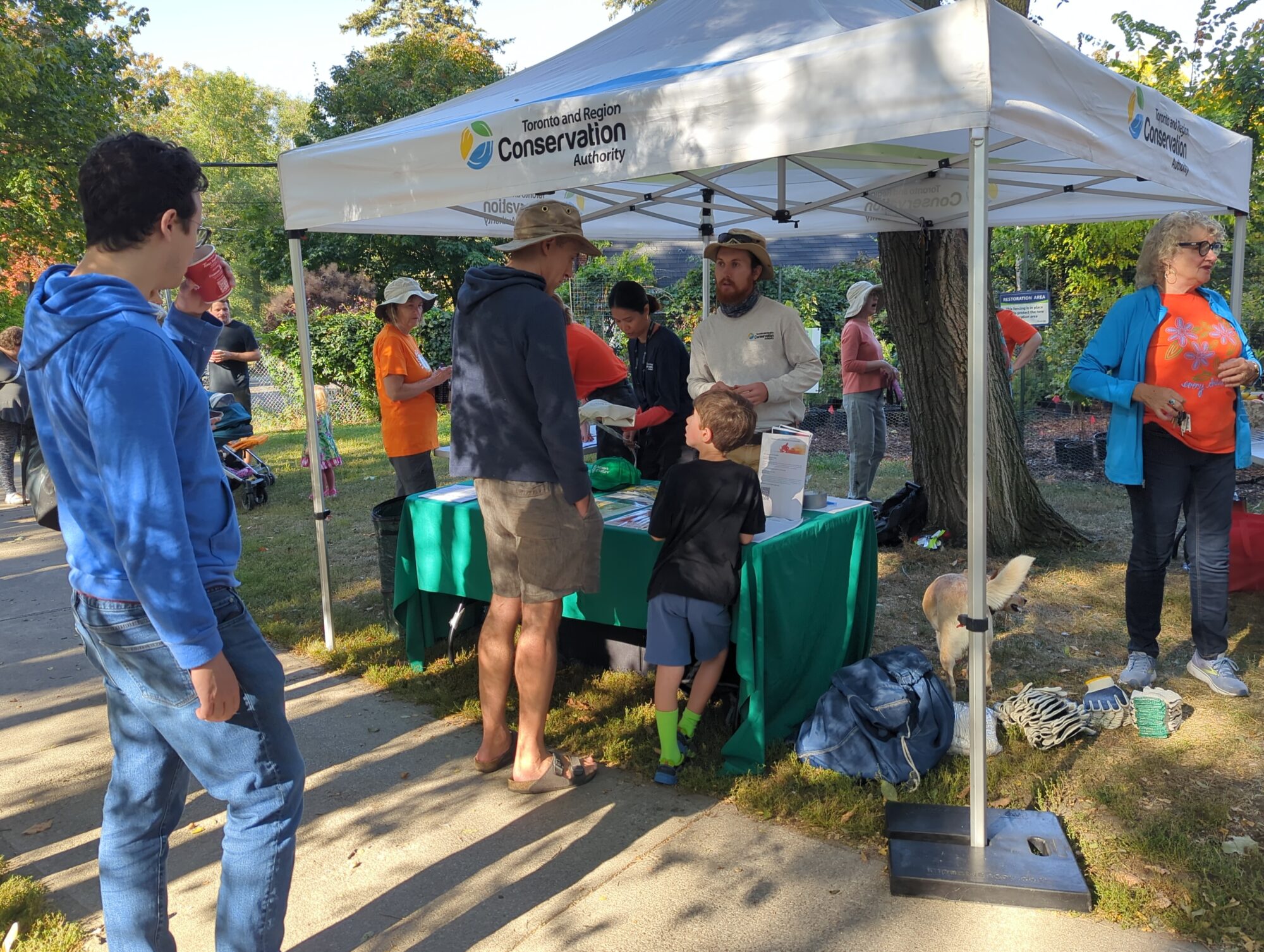
Recent Comments